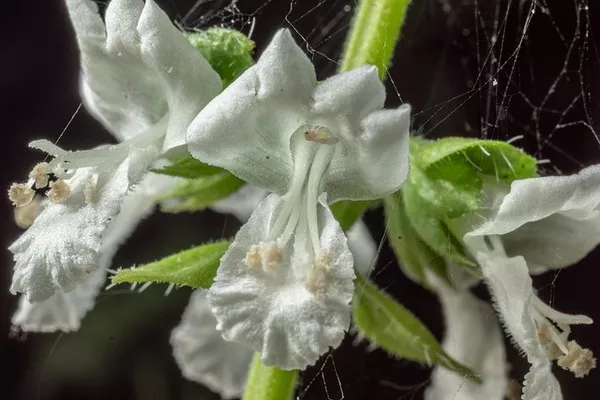In the perpetual battle against bothersome insects, many homeowners and garden enthusiasts seek sustainable and natural solutions to keep pests at bay. One effective and eco-friendly approach involves incorporating insect-repelling plants into your surroundings. These botanical guardians not only add aesthetic appeal to your home or garden but also serve as a chemical-free defense against unwanted pests. In this article, we’ll explore a selection of plants renowned for their insect-repelling properties and how they can contribute to a pest-free environment.
Lavender (Lavandula spp.):
Known for its fragrant purple blooms and aromatic foliage, lavender is a versatile herb that also doubles as a natural insect repellent. Its pleasant scent is irresistible to humans but acts as a deterrent for mosquitoes, flies, and moths. Planting lavender around entryways or in outdoor seating areas can help create a bug-free zone, all while enhancing the visual appeal of your surroundings.
Citronella (Cymbopogon nardus):
Citronella is a classic choice for those seeking relief from mosquitoes. This perennial grass, native to Southeast Asia, contains citronella oil, a natural insect repellent. Many commercial insect repellent candles and sprays use citronella as a key ingredient. By planting citronella in your garden or placing potted citronella plants around outdoor spaces, you can effectively reduce mosquito presence and create a more enjoyable environment.
Basil (Ocimum basilicum):
Beyond its culinary uses, basil also serves as a natural insect repellent. The strong aroma of basil plants, particularly varieties like cinnamon basil and lemon basil, can help repel mosquitoes and flies. Planting basil near doors and windows or incorporating it into your garden beds can provide both culinary delights and a pest-free zone.
Marigold (Tagetes spp.):
Marigolds are not only prized for their vibrant colors but also for their ability to deter various insects, including nematodes in the soil. Marigolds produce a substance called limonene, which acts as a natural insect repellent. Planting marigolds in vegetable gardens can protect crops from harmful pests, making them a valuable companion plant for a variety of vegetables.
Rosemary (Rosmarinus officinalis):
Rosemary, with its fragrant and evergreen leaves, is a popular herb that serves multiple purposes, including acting as a natural insect repellent. It is particularly effective against mosquitoes and other flying insects. Planting rosemary in pots near outdoor seating areas or incorporating it into landscape design not only adds a touch of greenery but also contributes to a pest-resistant environment.
Chrysanthemum (Chrysanthemum spp.):
Chrysanthemums contain a natural insecticide called pyrethrin, which is commonly used in many commercial insect repellent products. Planting chrysanthemums in your garden can help control various pests, including mosquitoes, ticks, and ants. These colorful flowers add beauty while serving as a line of defense against unwanted insects.
Mint (Mentha spp.):
Mint, with its invigorating aroma and rapid growth, is known for its ability to repel insects such as mosquitoes and ants. Planting mint around outdoor spaces or using it in potted arrangements not only keeps pests at bay but also provides a fresh and fragrant addition to your surroundings. Be cautious with mint, though, as it can be invasive, so it’s often best grown in containers.
Catnip (Nepeta cataria):
Catnip, a member of the mint family, is well-known for its effect on felines, but it also possesses insect-repelling properties. The compound nepetalactone found in catnip has been shown to be effective in repelling mosquitoes, cockroaches, and flies. Planting catnip in your garden or around outdoor seating areas can create a natural barrier against these unwanted pests.
Conclusion:
Incorporating insect-repelling plants into your home or garden not only provides a visually appealing landscape but also offers a sustainable and natural solution to pest control. From the aromatic lavender to the classic citronella and the versatile basil, these plants contribute to a pest-free environment without the need for harmful chemicals. By embracing the power of nature’s defenders, you can enjoy the outdoors and create a more comfortable living space while minimizing the impact on the environment. As we celebrate the one-year milestone of implementing these natural solutions, let us continue to explore and appreciate the wonders of plants in our ongoing quest for a harmonious coexistence with nature.


